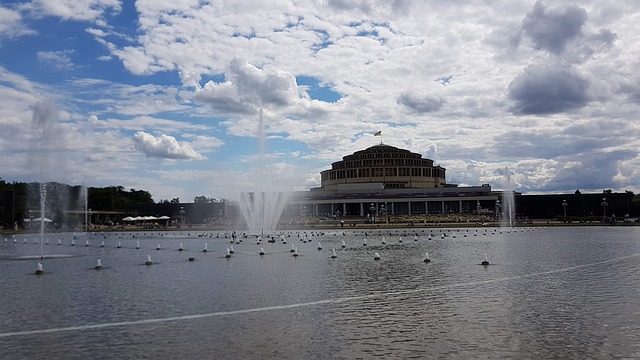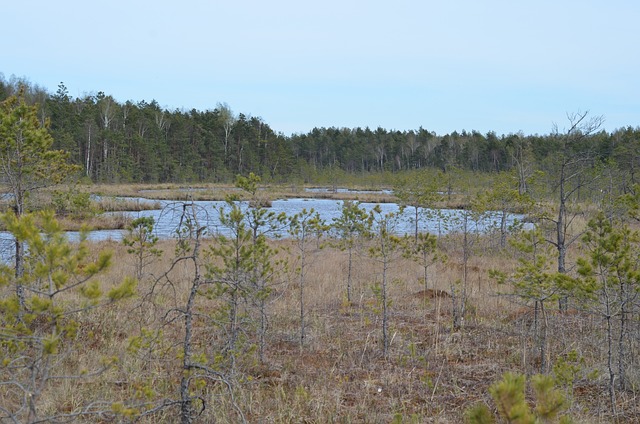national casino 👁 The National Casino: A Gamble for Economic Revival or a Risky Bet?

The National Casino: A Gamble for Economic Revival or a Risky Bet?
In recent years, the discussion surrounding the legalization of a national casino in Brazil has intensified, igniting fervent debates across various sectors of society. Proponents argue that a regulated casino could serve as a catalyst for economic growth, job creation, and tourism expansion, while critics caution against the potential social repercussions and the moral implications of gambling. As the nation stands on the precipice of this monumental decision, it is essential to explore the multifaceted implications of establishing a national casino.
Historically, Brazil has maintained a strict prohibition against gambling, a remnant of its conservative past. However, the global landscape has shifted, with many countries reaping the benefits of legalized gambling as a source of revenue and entertainment. A national casino, positioned as a flagship of the entertainment industry, could attract both domestic and international tourists, creating a vibrant hub of activity that stimulates local economies. The potential for generating significant tax revenue cannot be overlooked, especially in a country grappling with budgetary constraints and the need for sustainable development.national casino

Advocates for a national casino highlight the financial windfall that could accompany such an establishment. By aligning with international standards of gaming regulation, Brazil could create a safe and secure environment for players, fostering a sense of trust that is often absent in illegal gambling operations. Furthermore, the revenue generated from a national casino could be earmarked for vital public services, such as education, healthcare, and infrastructure development. The promise of financial gain is undeniably enticing, yet it raises critical questions about the long-term implications of normalizing gambling in Brazilian society.
While the potential economic benefits are compelling, the social ramifications of introducing a national casino cannot be dismissed. The allure of gambling has a dark side, with addiction, financial ruin, and family breakdown often lurking in the shadows. Critics argue that the government should prioritize public welfare over profit, cautioning that a national casino could exacerbate existing social issues, particularly in vulnerable communities. The risks associated with gambling addiction are well-documented, and the potential for increased crime rates and exploitation must be carefully considered in any discussions surrounding legalization.national casino
Moreover, the cultural context of Brazil must be taken into account. The nation prides itself on its rich heritage and communal values, and the introduction of a casino could be perceived as a departure from these ideals. The challenge lies in reconciling the allure of economic progress with the preservation of cultural integrity. A national casino could inadvertently normalize gambling as a form of entertainment, leading to a shift in societal values that may not align with the collective ethos of the Brazilian people.
In addition to the economic and social dimensions, the legal framework surrounding a national casino presents its own set of challenges. Establishing a comprehensive regulatory system that addresses issues such as licensing, taxation, and responsible gambling measures is crucial. Without a robust legal structure, the risk of corruption and malpractice increases, undermining the very objectives of transparency and accountability that a national casino seeks to uphold.
Furthermore, the potential for a national casino to stimulate ancillary industries should not be overlooked. The hospitality sector, including hotels, restaurants, and entertainment venues, stands to benefit immensely from an influx of tourists and locals drawn to the casino. This ripple effect could create a thriving ecosystem of businesses, bolstering employment opportunities and invigorating communities. However, this optimistic scenario hinges on the successful implementation of a regulatory framework that prioritizes sustainable development and social responsibility.
As the debate surrounding a national casino unfolds, it is imperative for stakeholders to engage in an open dialogue that transcends partisan divides. Policymakers, economists, social scientists, and community leaders must collaborate to assess the potential benefits and risks associated with this venture. A well-informed decision, grounded in empirical evidence and ethical considerations, will ultimately determine whether Brazil embarks on this new path or chooses to maintain its longstanding prohibition against gambling.national casino

In conclusion, the prospect of a national casino in Brazil represents a critical juncture in the nation’s economic and social trajectory. While the potential for financial gain and tourism development is undoubtedly appealing, the complexities of gambling's impact on society must be addressed with utmost seriousness. As Brazil contemplates this significant gamble, it must consider not only the immediate economic benefits but also the long-term implications for its cultural identity and social fabric. The stakes are high, and the outcome will reverberate for generations to come.
Fale conosco. Envie dúvidas, críticas ou sugestões para a nossa equipe através dos contatos abaixo:
Telefone: 0086-10-8805-0795
Email: portuguese@9099.com


